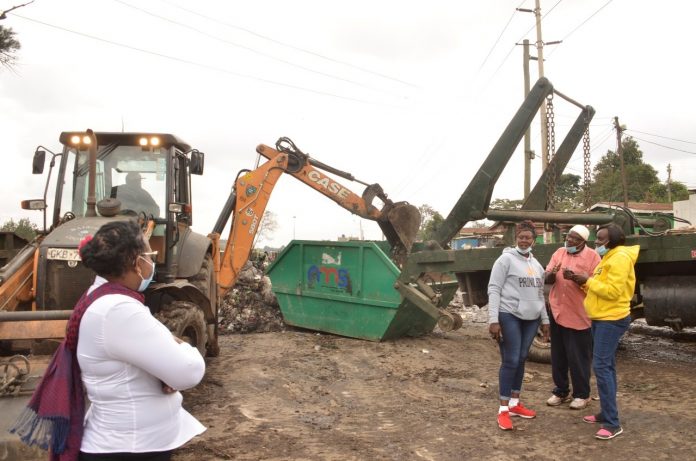
Written by Faith Mwende
Kenya has unveiled a new plan to curb the mounting threat of electronic waste, marking a major stride in the country’s journey toward a cleaner and more sustainable digital future.
The E Waste National Guidelines and Implementation Framework, launched by the Ministry of Information, Communications, and the Digital Economy, outlines how the country will collect, recycle, and dispose of electronic waste safely and efficiently.
The policy brings together all key players, from manufacturers and recyclers to consumers and government agencies, in a shared effort to promote responsible e waste management and protect public health.
Speaking during the launch, Eng. John Tanui, the Principal Secretary for ICT and the Digital Economy, through a speech delivered by Mr. Bernard K. Rotich, Acting Secretary in the ICT, Digital Governance and Data Governance Directorate, said the framework marks a turning point in Kenya’s approach to handling electronic waste.
“We are embracing a system that not only protects public health and the environment but also unlocks opportunities for green jobs and circular economy innovation,” he said.
Mr. Rotich added that the Ministry remains committed to supporting initiatives that drive clean technology and ensure all Kenyans, both in cities and rural areas, benefit from digital transformation.
The event drew participants from across government, academia, the private sector, and civil society, who hailed the move as both timely and necessary for a fast digitizing nation. Many noted that the new framework will help Kenya balance rapid technological progress with environmental stewardship.
Katharina Mengede, Head of Digital Economy at the Digital Transformation Centre Kenya (GIZ), applauded the initiative, saying it strengthens Kenya’s commitment to sustainable innovation.
She observed that the partnership “reflects a shared commitment to promoting environmentally responsible innovation and inclusive growth across Kenya’s digital landscape.”
The guidelines are part of a wider government agenda to embed sustainability at the core of Kenya’s digital economy, ensuring that as technology advances, it does not come at the expense of the environment.
The framework was developed in collaboration with the Waste Electrical and Electronic Equipment (WEEE) Centre, with support from development partners, including the German Embassy in Nairobi.


















